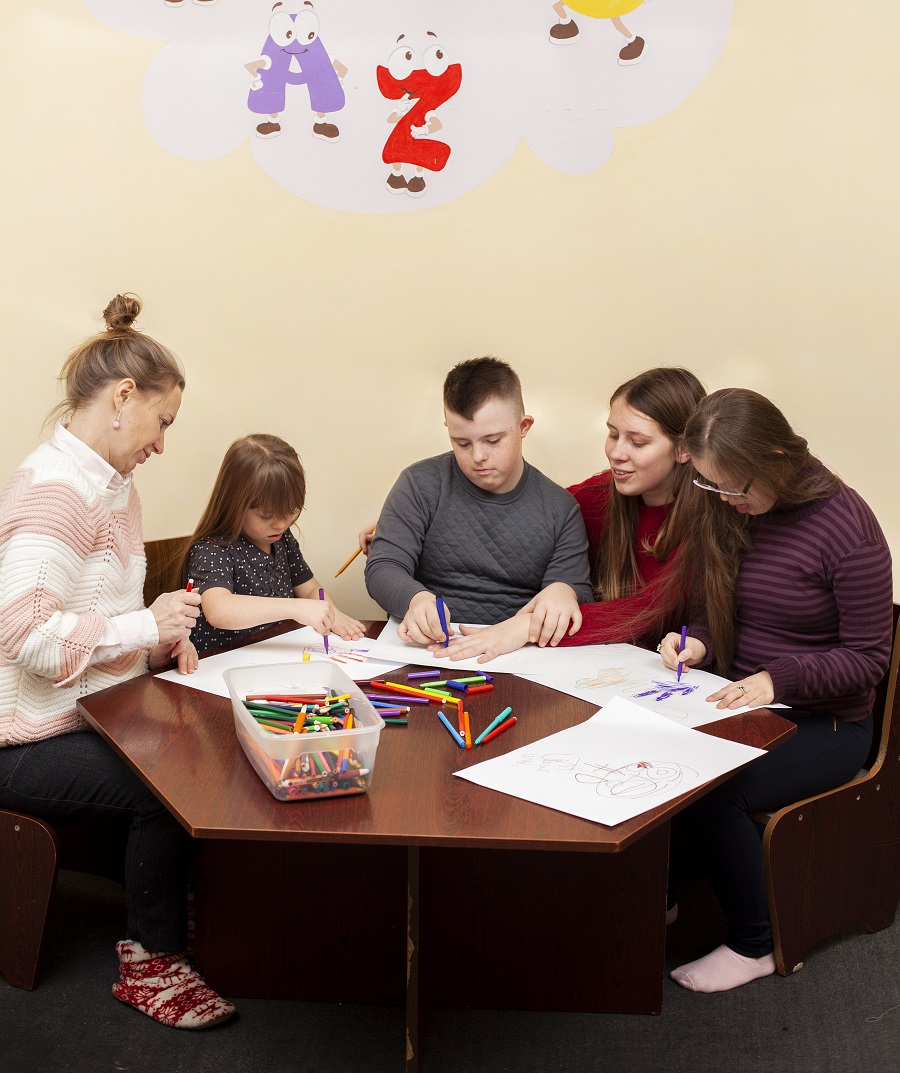Creative Learning: How Story-Based Games Enhance Imagination in Kids
In today’s fast-paced digital world, keeping children engaged in learning can be a challenge. Traditional educational methods may no longer be enough to capture the attention and creativity of young minds. One powerful way to make learning exciting and imaginative is through story-based games. These games blend compelling narratives with interactive play, helping kids build not only academic skills but also creativity, empathy, and problem-solving abilities. This article explores how story-based games can significantly enhance imagination in kids while supporting their overall development.
What Are Story-Based Games?
Story-based games, also known as narrative games, are games that revolve around storytelling. These can be digital games, board games, or even role-playing games where players become characters in a story. As players make choices and follow storylines, they are immersed in imaginative worlds where they must think creatively and make decisions that affect the game’s outcome.
Popular examples include games like Scribblenauts, Toca Life World, Minecraft Story Mode, and interactive story apps such as Episode and Choices. Even classic tabletop role-playing games like Dungeons & Dragons are powerful tools for storytelling and creative expression.
How Story-Based Games Promote Imagination
- Encouraging Creative Thinking
Story-based games often place players in fantastical settings where anything is possible. Kids may find themselves navigating magical kingdoms, exploring outer space, or solving mysteries in ancient ruins. These imaginative environments encourage children to think beyond the ordinary and come up with unique solutions, characters, and ideas.
- Interactive Storytelling Builds Ownership
Unlike books or movies, which present a fixed story, narrative games allow children to take part in the story’s progression. When kids decide what their character does or says, they feel more connected to the experience. This sense of ownership over the narrative fosters deeper creative engagement and helps them see themselves as storytellers.
- Developing Language and Communication Skills
Many story-based games involve dialogue, reading comprehension, and decision-making based on text. This exposure to written and spoken language helps kids expand their vocabulary, understand sentence structures, and express their thoughts clearly. Games like Toca Life Stories and Adventure Academy mix entertainment with subtle literacy lessons.
- Empathy and Perspective-Taking
By stepping into the shoes of different characters, children gain insight into other perspectives. Whether playing as a brave explorer, a misunderstood villain, or a curious alien, story-based games help kids understand emotions, motivations, and social dynamics. This development of empathy contributes to both imagination and emotional intelligence.
- Visual and Artistic Stimulation
Story-based games are often rich in visual detail. Whether it’s hand-drawn characters or 3D animated worlds, these visuals help fuel a child’s imagination. Games like Monument Valley and Ori and the Blind Forest use stunning visuals combined with narrative elements to create artistic learning experiences.
Best Story-Based Games That Foster Creativity
Here are a few recommended story-based games that are both fun and educational:
- Scribblenauts Unlimited: Players solve puzzles by typing in words to create objects. It promotes vocabulary building and creative problem-solving.
- Toca Life World: A kid-friendly sandbox where children create characters, make up stories, and explore different environments.
- Minecraft Story Mode: A spin-off of Minecraft with structured storytelling. It combines adventure with decision-making.
- My Story: Choose Your Own Path: Offers a variety of interactive stories where kids choose their character’s journey. Best for older children and tweens.
- Dungeons & Dragons (Beginner Sets): Great for offline play. Encourages teamwork, storytelling, math, and creativity in a group setting.
Benefits Beyond Imagination
While boosting imagination is a major benefit, story-based games also support a range of educational goals:
- Problem-solving: Kids must think logically and critically to overcome challenges within a narrative.
- Social collaboration: Multiplayer and group storytelling games improve communication and teamwork.
- Confidence building: Making decisions in the game and seeing the results helps children feel empowered and confident in their choices.
- Memory and focus: Following storylines and remembering character roles or plot twists helps improve cognitive skills.
How Parents and Teachers Can Encourage Creative Play
To get the most out of story-based games, parents and educators can take an active role in guiding children’s play:
- Ask open-ended questions: After game sessions, ask children to explain what happened, what decisions they made, and why.
- Encourage storytelling: Let kids write or draw their own stories based on game characters or worlds.
- Join the play: Participating in the game alongside your child encourages bonding and provides a model for imaginative thinking.
- Balance screen time: While digital games are engaging, combining them with offline storytelling games or creative writing ensures a well-rounded experience.
Conclusion
Story-based games are more than just entertainment; they are powerful tools for creative learning. By immersing kids in narratives where they can imagine, decide, and explore, these games help build essential skills that go far beyond the screen. Whether at home or in the classroom, integrating story-driven play into a child’s routine can open up endless possibilities for growth, creativity, and joyful learning.
As education evolves, embracing imaginative tools like story-based games will be key to keeping students inspired and engaged. With the right guidance, these games can turn every child into a creative thinker and confident storyteller, prepared for the challenges of both school and life.


